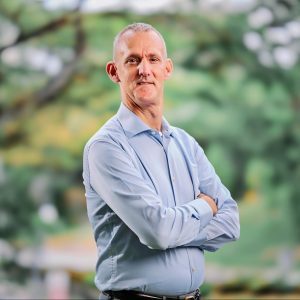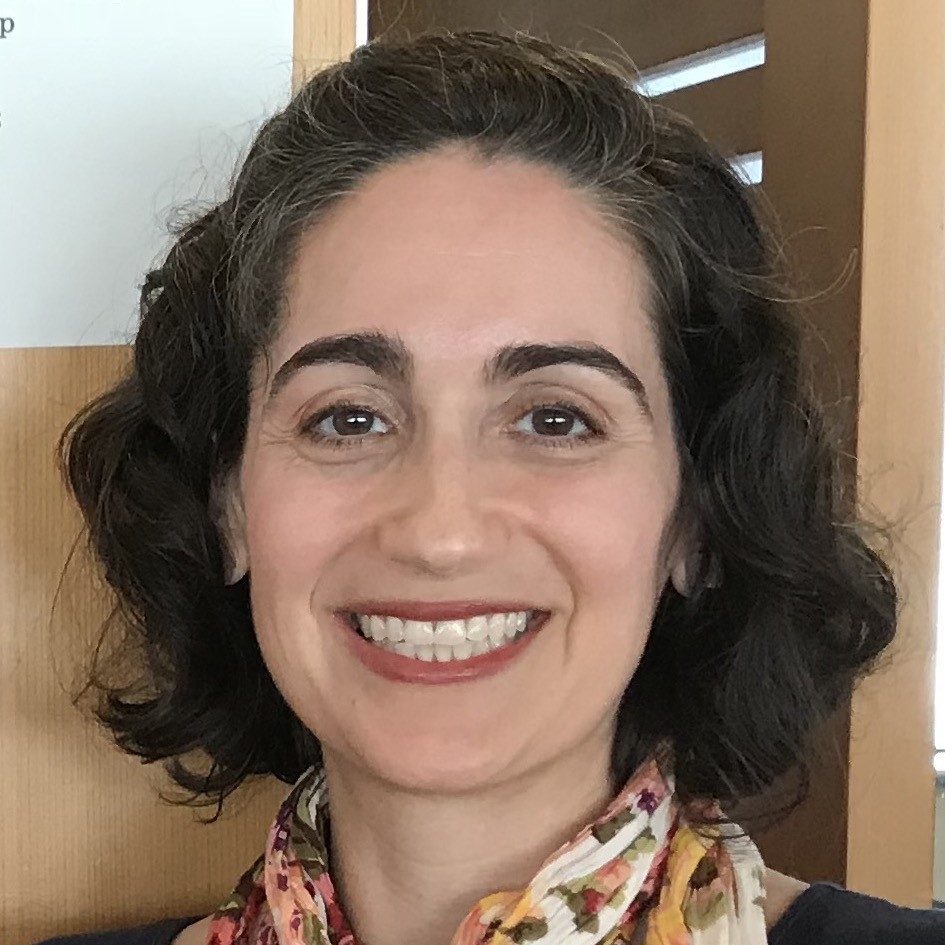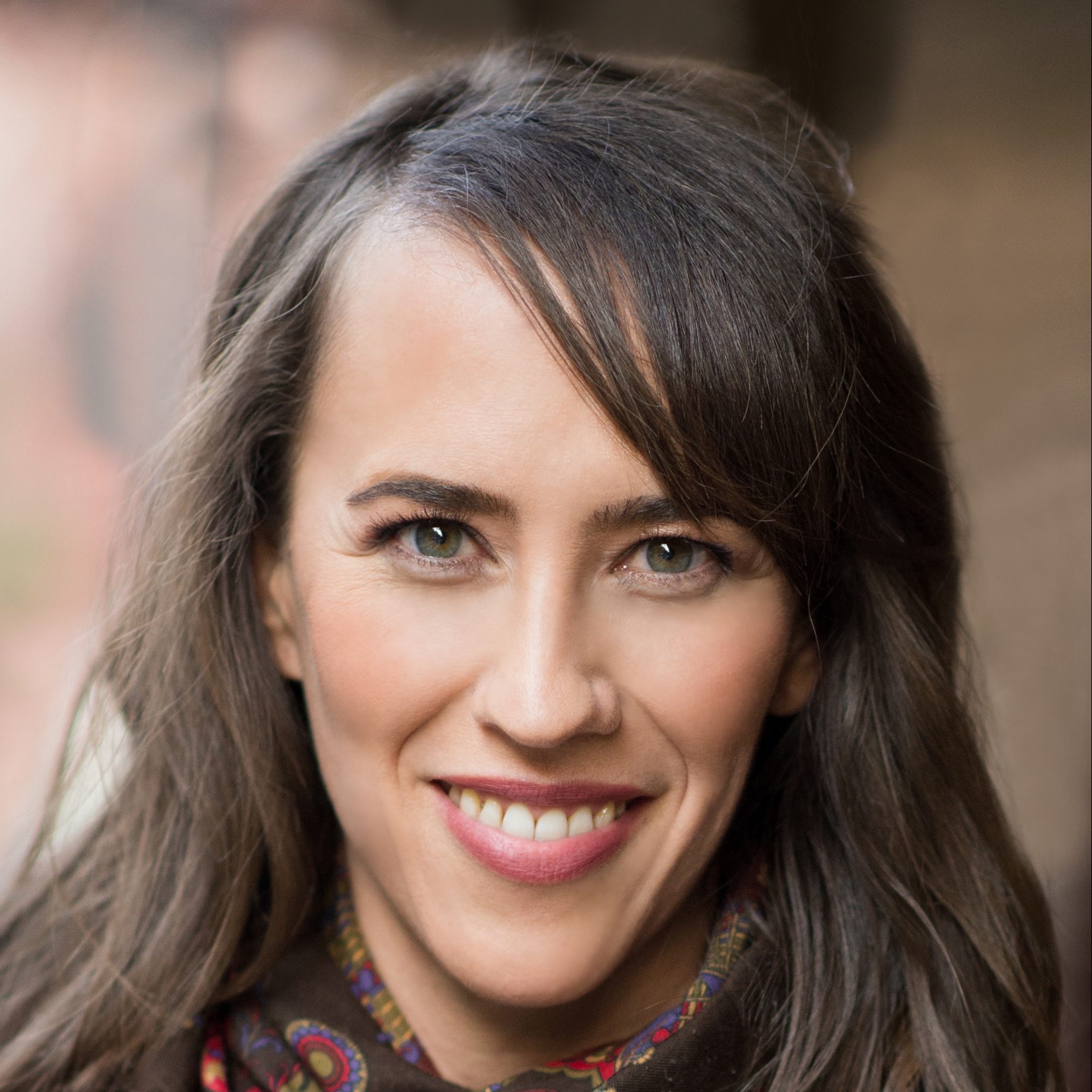#DiscoverFASS@CHS 2022 | Watch Masterclasses Here!
April 21, 2022
IN BRIEF | 3 min read
- As part of the #DiscoverFASS@CHS campaign leading up to our Open House in May, we are holding in-person Masterclasses presented by three of our award-winning Faculty members this Saturday, 23 April 2022, and streaming them 'live' on our website—so NO ONE misses them.

As part of the #DiscoverFASS@CHS campaign leading up to our Open House in May this year, we are holding Masterclasses presented by three of our award-winning Faculty members, and streaming them 'live' online here.
Masterclasses by Award-Winning Faculty
Experience lessons led by our dynamic faculty members. See schedule below.
| 0930 - 1000 | Prof William Bain The Wisdom of Liars and the Ethics of War |
| 1030 - 1100 | Assoc Prof Deborah Shamoon Animé and the Japanese |
| 1130 - 1200 | Dr Maiya Murphy Theatre as Aesthetic Art and Social Tool |

Prof William Bain, NUS Political Science
The Wisdom of Liars and the Ethics of War
War is widely thought to be estranged from moral judgement-the language of right and wrong. In time of war self-interest and necessity quickly overcome moderation and restraint; and the call of the nation-or some other community-justifies conduct that would be unacceptable in all other contexts. The strong do what they will and the weak suffer what they must. In this masterclass I will sketch out the conventional ethics of war in modern international relations. One might object that moral judgement is, in fact, a charade, a mask behind which hypocrisy lurks. I respond to this objection by arguing that liars and hypocrites provide the best evidence of authentic moral judgement in time of war.
William Bain is Professor of international relations in NUS Political Science. His research and teaching focuses on questions and theories of world order, international ethics, and religion and international relations. His most recent book, Political Theology of International Order, argues that dominant ways of imagining international order are properly understood as a worldly application of a theological pattern that originates in the Middle Ages.

Assoc Prof Deborah Shamoon, NUS Japanese Studies
"I said Anime, but There's Hardly Been Any Movement!": Understanding Limited Animation
What is Japanese about anime? How do we discuss anime in an academic context? This lecture will give a brief introduction to the history of anime and explain the limited animation techniques that give anime its distinct look and feel. We will also discuss the way that form affects content, how cost-saving measures in animation gave rise to a national style, and why certain tropes get repeated in anime narratives. This lecture will change the way you look at anime, and introduce you to key concepts in anime studies, including superflat, database consumption, and the media mix.
Associate Professor Deborah Shamoon(NUS Japanese Studies), who is originally from the United States, received her PhD in Japanese Studies at the University of California, Berkeley, and taught at the University of Notre Dame before coming to NUS in 2012. Her areas of specialisation are cultural studies and gender studies. She has published books and essays on Japanese manga, anime, literature and film. She teaches modules on Japanese popular culture, art history, and literature. of international relations in NUS Political Science. His research and teaching focuses on questions and theories of world order, international ethics, and religion and international relations. His most recent book, Political Theology of International Order, argues that dominant ways of imagining international order are properly understood as a worldly application of a theological pattern that originates in the Middle Ages.

Dr Maiya Murphy, NUS English, Linguistics & Theatre Studies
Theatre and Performance on Stage and in the World
This class explores how performance can be understood as aesthetic art and social tool. By taking the concerns and approaches of the performing arts seriously, we will examine how theatre and performance can reflect human behaviour and shape social life. We will consider the diversity of performances across time and place, some unique skills and intelligences embedded in artistic technique, and recent exchanges between theatre and science. Through drawing together the realms of imagination and everyday life, this class demonstrates some key ways in which performance helps us teach ourselves how to better live in our world.
Dr Maiya Murphy works at the confluence of performer training, theatre making, movement, and cognitive approaches to understanding theatre. She is the author of Enacting Lecoq: Movement in Theatre, Cognition, and Life(2019). Her work has also appeared in Phenomenology and the Cognitive Sciences, Constructivist Foundations, Theatre, Dance and Performance Training, New Theatre Quarterly, Theatre Survey, Practice as Research in the Arts and Beyond (Robin Nelson, ed.), The Routledge Companion to Jacques Lecoq (Mark Evans and Rick Kemp, eds.), and The Oxford Handbook of Dance and Theater (Nadine George-Graves, ed.). She is an Assistant Professor in NUS Theatre Studies (Department of English, Linguistics and Theatre Studies) and makes theatre with her collective, Autopoetics.

